Gas generators have become indispensable tools for both individuals and businesses, providing them with a good supply of backup power during emergencies, outdoor activities, or worksite operations. Running a gas generator, though, can be so expensive, and inefficient fuel usage might result in unnecessary expenses. While maximization of gas generator efficiency does much to save fuel and cut costs of operations, the bonus is it will live longer, hence more viable. Here top tips on how best one can maximize gas generator efficiency-from the best maintenance practices to intelligent usage ways-will go a long way in making your gas generator both run smoothly and at the minimum cost.
Why Gas Generator Efficiency Matters
It is also very common, especially with higher application capacities in residential and commercial sectors. In a 2020 report, the U.S. Department of Energy said that backup generators would be required more as storms, floods, wildfires, and other extreme events triggered by the effects of climate change continued. This growing reliance on gas-powered generators places a growing premium on ensuring they operate most efficiently to save on precious fuel and minimize environmental degradation. As energy prices keep rising, the optimization of their fuel usage becomes an ever greater concern.
A typical household generator consumes about 0.75 gallons of gas per hour, depending on the load applied. If the generator is not properly serviced or used inefficiently, this amount can increase significantly. In businesses, this may translate into substantial costs over time and affect profitability. Knowing how to increase fuel efficiency will result in considerable savings.
1. Routine Maintenance: The Key to Long-Term Efficiency
Routine maintenance is considered one of the most significant ways to make sure your gas generator is running at peak efficiency. According to the U.S. EPA, a well-maintained engine operates more smoothly, uses fuel more efficiently, and emits less. Regular servicing includes:
A. Oil Change
Changing the oil regularly will keep the performance of the engine optimal. Low or dirty oil may result in overheating of the engine and its uneconomical running. The type and interval for oil change should be done in accordance with recommendations provided by the manufacturer.
B. Cleaning the Air Filter
A clogged air filter limits airflow, reducing the efficiency of the engine. The air filter must be cleaned or replaced at least every 100 operating hours. In dustier conditions, replacement may need to be done more frequently.
C. Spark Plug Inspection
The spark plug is an essential part in starting the engine and carrying on combustion in the cylinder. Replace the spark plug accordingly in order for the fuel to burn properly and efficiently and prevent misfiring.
D. Fuel System Care
Add fuel stabilizers to prevent fuel breakdown during long-term storage. Also, drain the gas tank at the end of the season or after extended periods of non-use to prevent fuel degradation and clogging of fuel lines.
2. Using the Right Fuel
The quality of fuel that you use will determine the efficiency and performance of your gas generator. The following are a few tips to ensure that you have the correct fuel:
A. High-Quality Fuel
Always use high-quality, clean fuel. Do not use fuel older than 30 days. Fuel over time loses its ability to combust well and hence its effectiveness. Contaminated fuel will block the fuel system of the generator, which eventually reduces its service life and efficiency.
B. Correct Fuel Grade
The type of fuel to be used is unleaded gasoline or a specific ethanol blend as recommended by the manufacturer and stated in the owner's manual. Other types may damage the engine and give poor fuel economy, besides possibly causing damage to the engine.
C. Ethanol-Free Gasoline
When available, choose ethanol-free gasoline. Ethanol in the fuel attracts moisture that enhances corrosion in the engine and the fuel system, tending to cause inefficiency and higher maintenance costs.
3. Optimal Load Management: Avoid Overloading Your Generator
Operation of the generator either too low or too high results in extreme changes in fuel economy. Most generators reach optimal efficiency at approximately 75 percent of their nameplate rating. Here's how to handle the load:
A. Don't Overload
The risks of overloading a generator, besides making it burn more fuel, include engine damage. Always ensure that you check on the power rating of your generator and use an appropriate number of appliances or tools.
B. Load Balancing
Operate the generator by balancing its load among its outlets, since unequal distribution may result in irregular fuel consumption. When operating several appliances, try balancing their use to avoid overloading the generator.
C. Use Energy-Efficient Appliances
To get the best out of your generator's power, consider using energy-efficient appliances. LED lights, Energy Star-rated devices, and modern low-power appliances can reduce the load on the generator, leading to lower fuel consumption.
4. Use a Generator with Inverter Technology
One of the best ways to make sure of fuel efficiency is to use a gas generator that has inverter technology. Inverter generators vary the speed of the engine depending on the load applied rather than running at full speed all the time. This results in:
Lower Fuel Consumption: When the load is light, the speed of the engine is reduced to a lower level, thereby saving fuel.
Less Noise: The inverter generators are less noisy than other conventional models, hence suitable for residential areas.
Cleaner Power Output: Inverter generators provide a more stable and clean power output, hence perfect for sensitive electronic devices.
Such models as the 3600W Inverter Gas Generator HB5035 by PowerSmart, for example, represent lightweight and efficient inverter models that can run as long as 10 hours on a quarter load. The model is very low in noise and, considering this feature, very economic; therefore, it is very well-suited for camping, tailgating, and home use.
5. Proper Placement and Ventilation
The location of the generator itself also plays a vital role in determining fuel efficiency. Here are ways to ensure that your operational generator runs efficiently.
A. Keep Generator in Well-Ventilation Area
The generator must be kept in a well-ventilated area due to the fact that overheating will reduce its performance. Without airflow over the engine, it may overheat and hence reduce fuel economy, damaging the generator itself in the process.
B. Avoid Being Kept under Direct Sun
Direct sunlight can raise the temperature of the generator, in turn raising fuel consumption. When possible, the generator should be placed in a shaded area to maintain ideal temperatures of operation.
C. Level Ground
The generator should always be set on flat, level ground. An uneven surface will alter the fuel supply and result in inefficient running.
6. Efficient Fuel Management Practices
Good fuel management can also cut down on wastage and enhance the efficiency of the generator:
A. Store Fuel Properly
Store the fuel in clean, approved containers, away from direct sunlight and sources of heat. This prevents fuel contamination and degradation.
B. Use Fuel Stabilizer
Add a fuel stabilizer if you will not use the generator for several months. This maintains the quality of the fuel and prevents deposits that could clog the carburetor so that it can run with ease each time you need the generator to perform its purpose.
C. Use Less Fuel
If you're only using your generator for short periods, try to minimize fuel consumption by running it only when necessary. Use your generator to power essential equipment first, and avoid running it unnecessarily.
PowerSmart: The Ideal Partner for Maximizing Generator Efficiency
When it comes to series and quality, PowerSmart surely contains some of the best gas generators out there. From the 3600W Inverter Gas Generator HB5035 to the 1200W 2-Stroke Generator PS50/DB5010, PowerSmart has made sure that whatever one wants, be it for residential purposes, construction sites, or recreational activities, is found within their range of products.
PowerSmart products are not only fuel-efficient but also have good warranties, free shipping, and a 30-day return policy attached, which make them quite strong for any business or person. On top of this is a lifetime of technical support provided by PowerSmart to assure you that you will always get support when needed for keeping your generator at maximum efficiency and extending its life.
To learn more about the products available at PowerSmart, or to get your gas generator, visit them today at their website: www.powersmartusa.com.
Conclusion:
Maximizing the efficiency of the gas generator will save money and decrease fuel consumption, hence extending its life. You just need to properly maintain, take care of the smart use of fuel, and maintain optimum load on the machine, and your generator is assured to give peak performance, always. With better qualities, inverter-equipped generators which offers more fuel cost-effective and environmental friendly.





















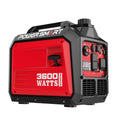
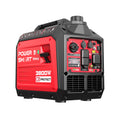
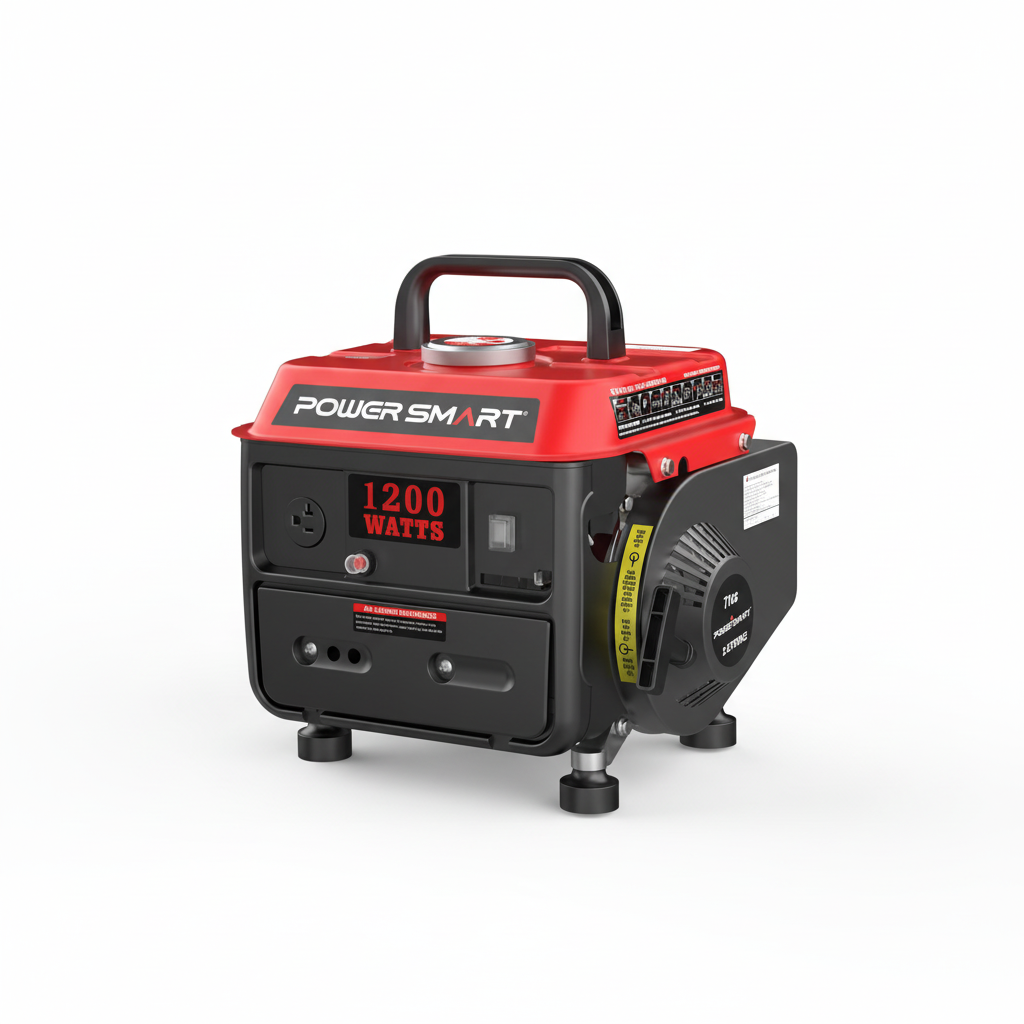


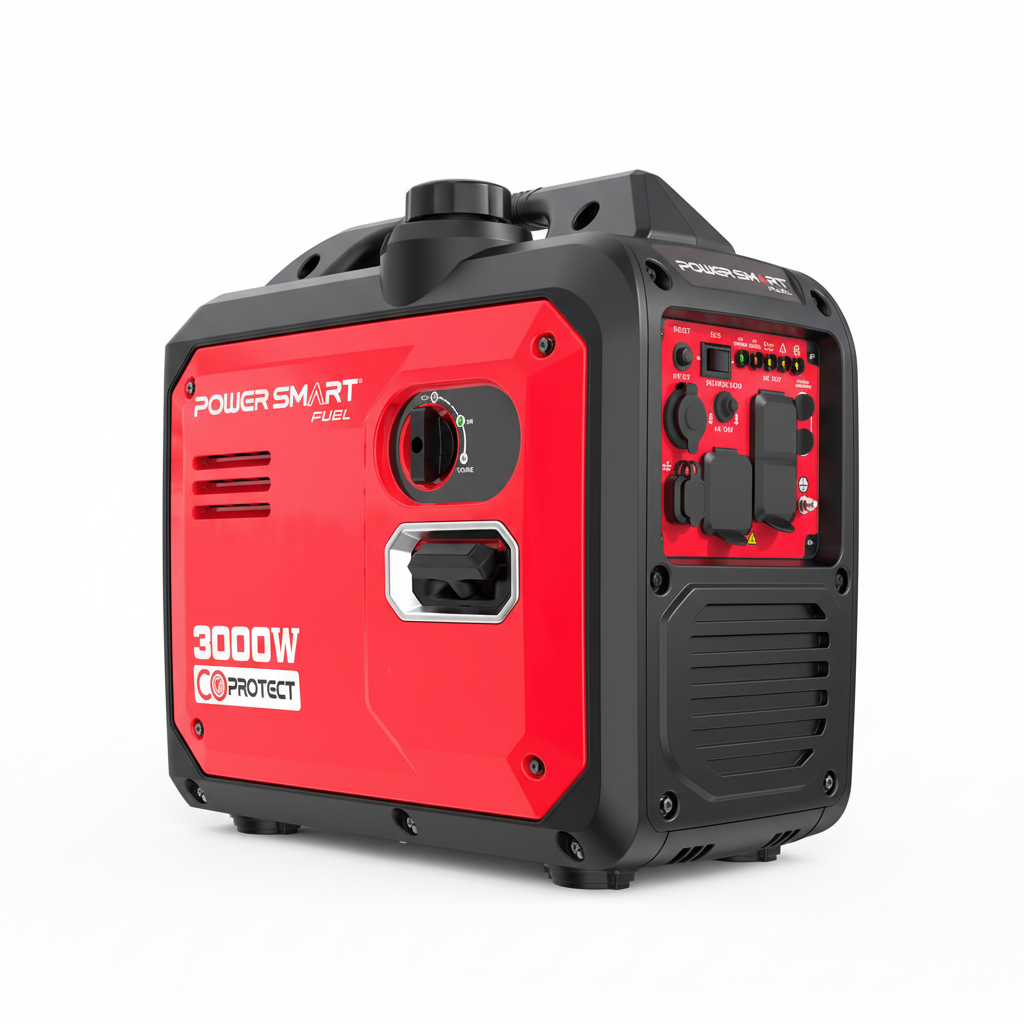
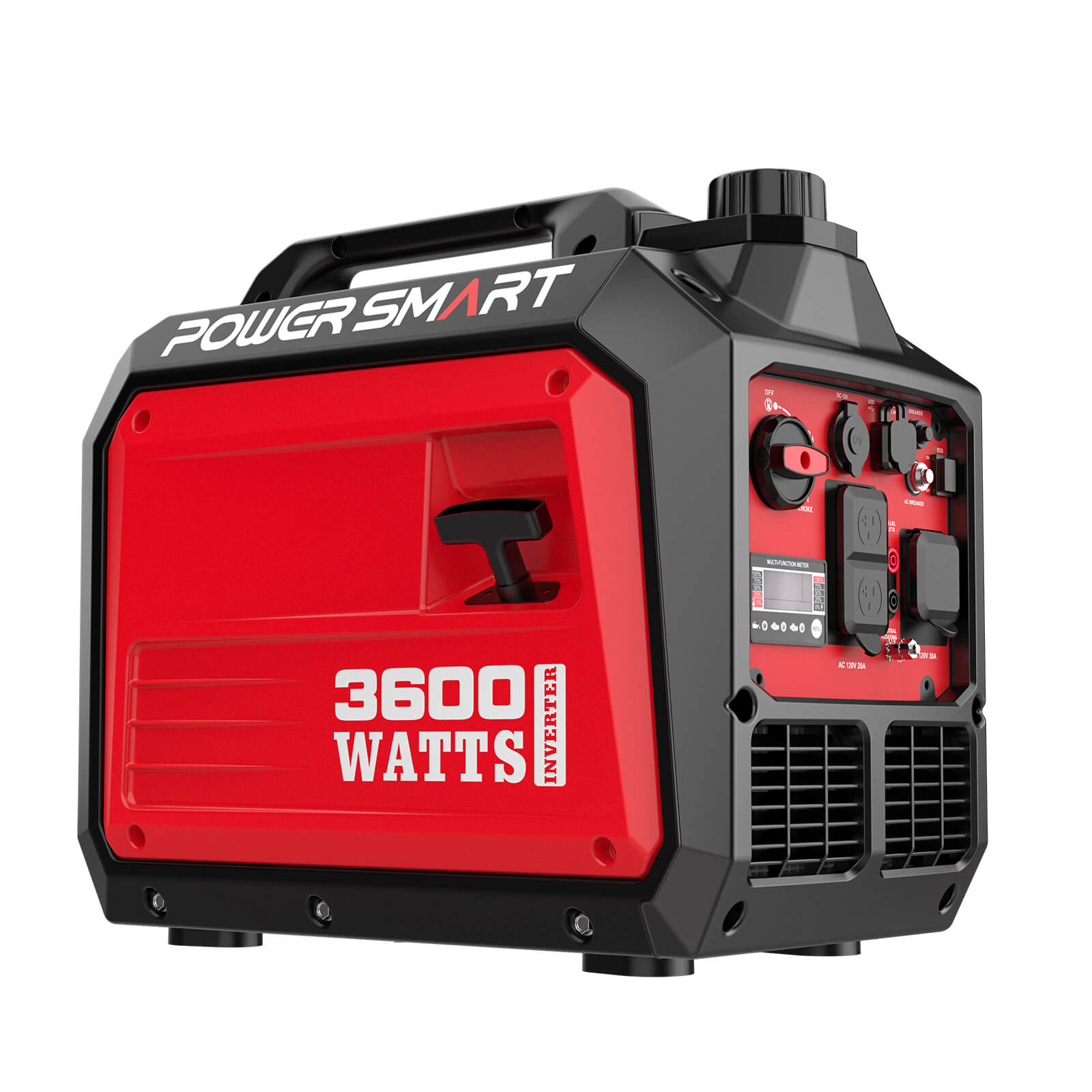
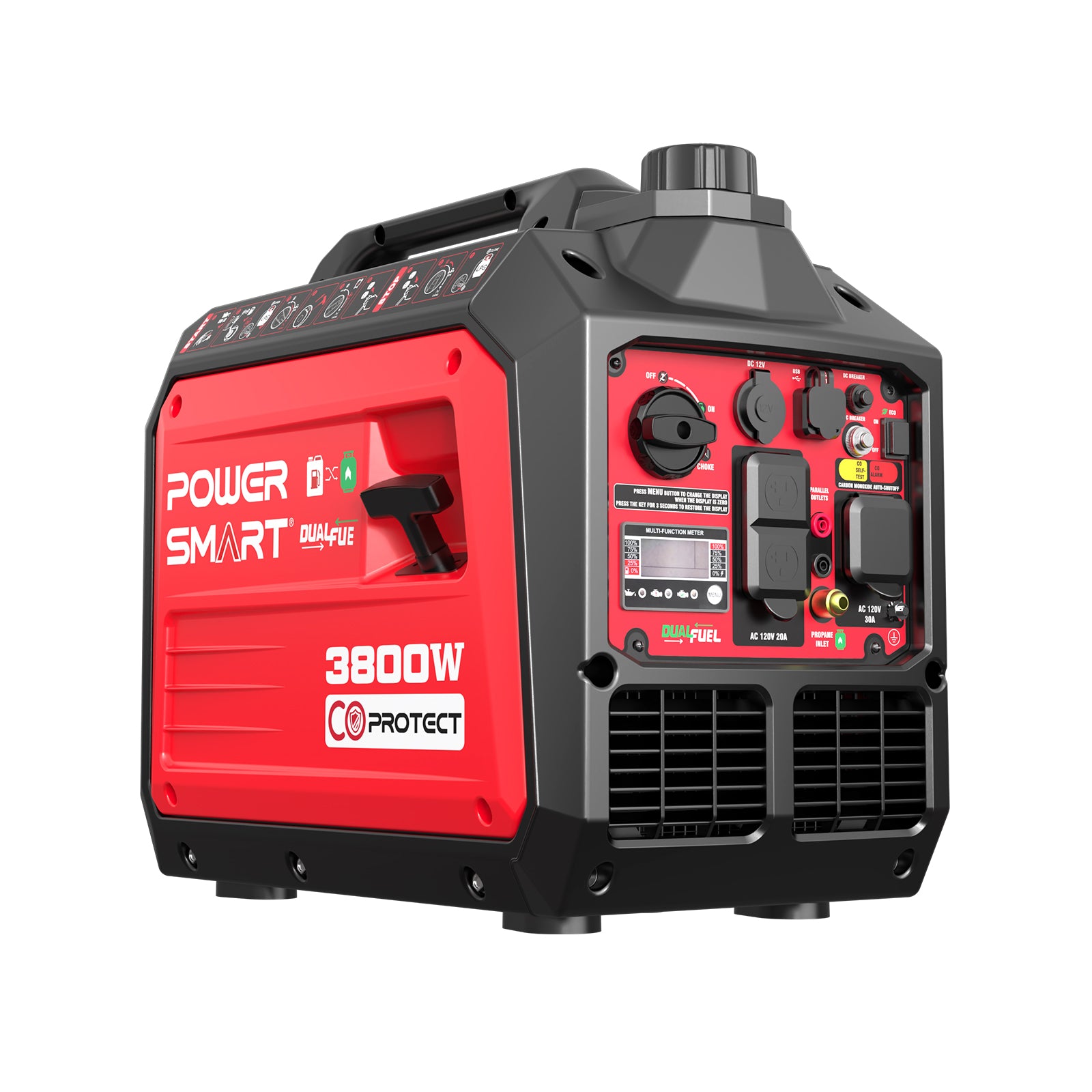


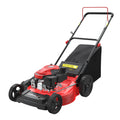











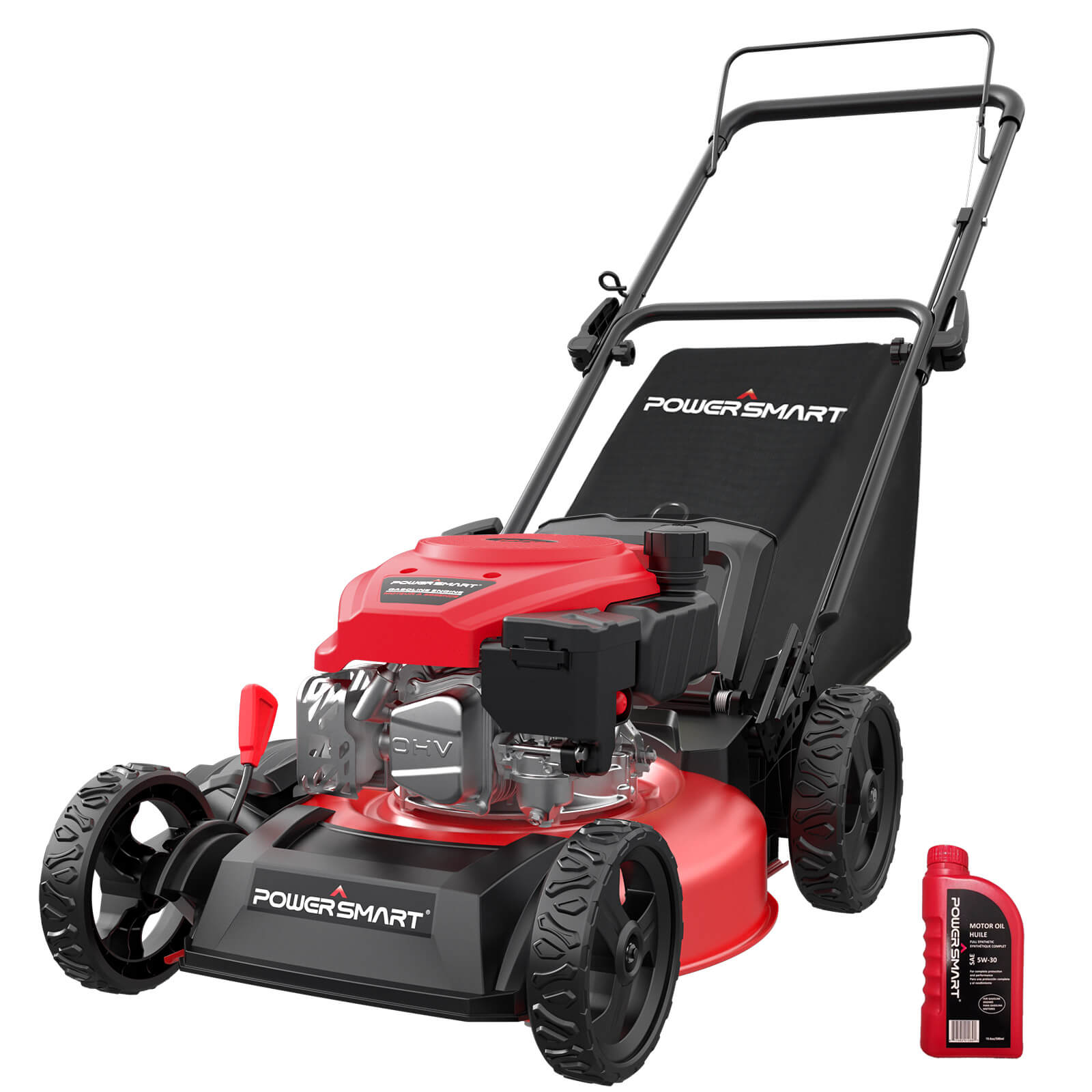

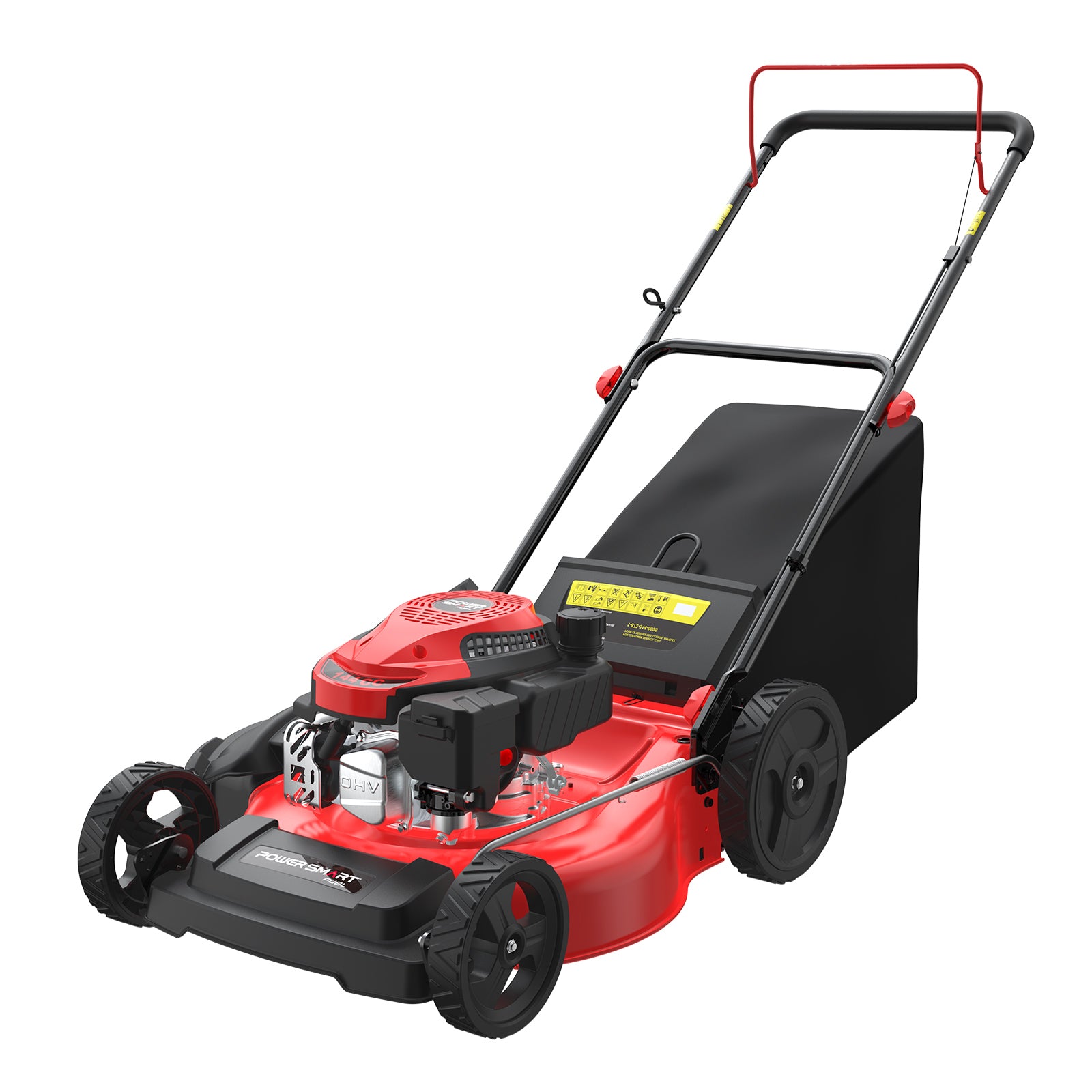



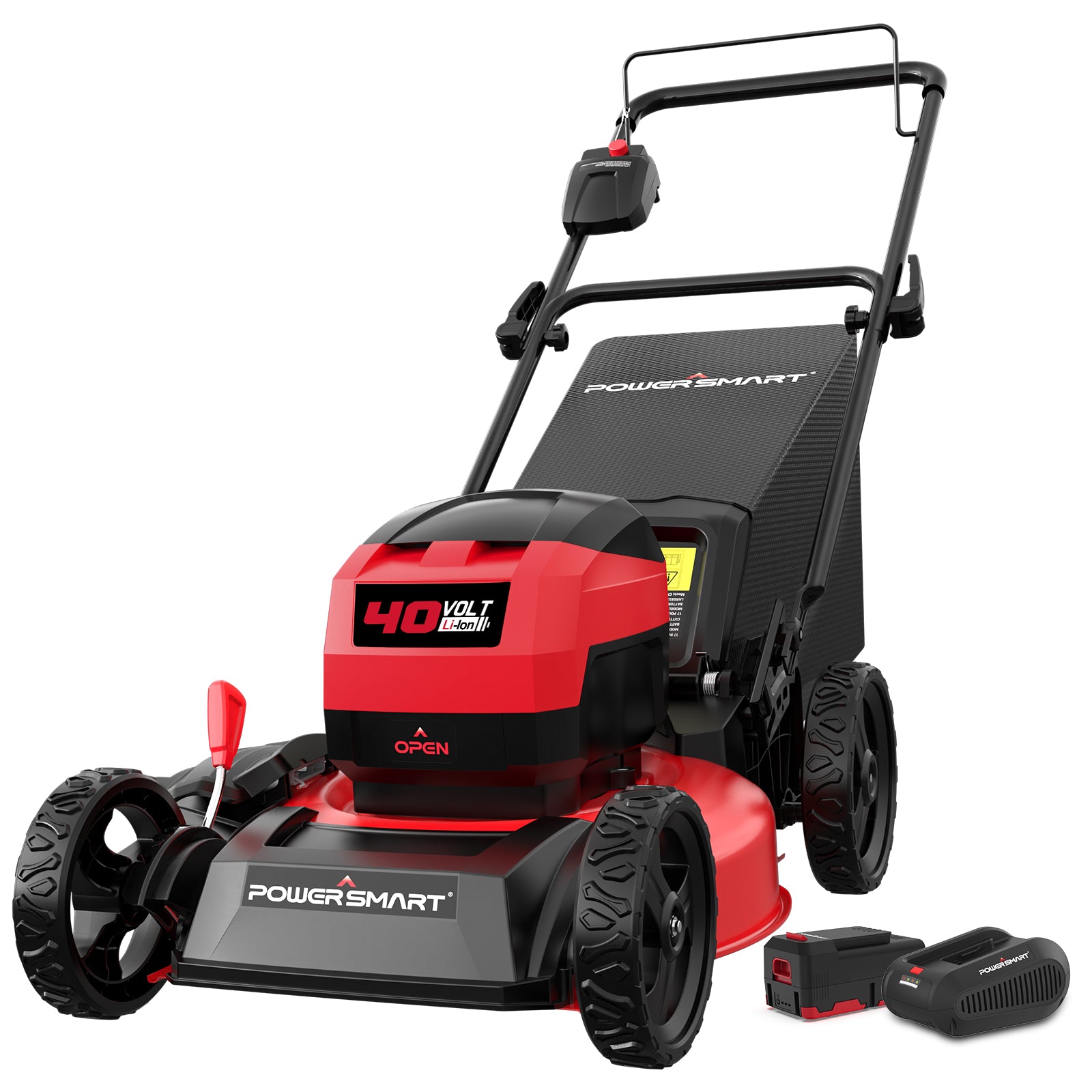

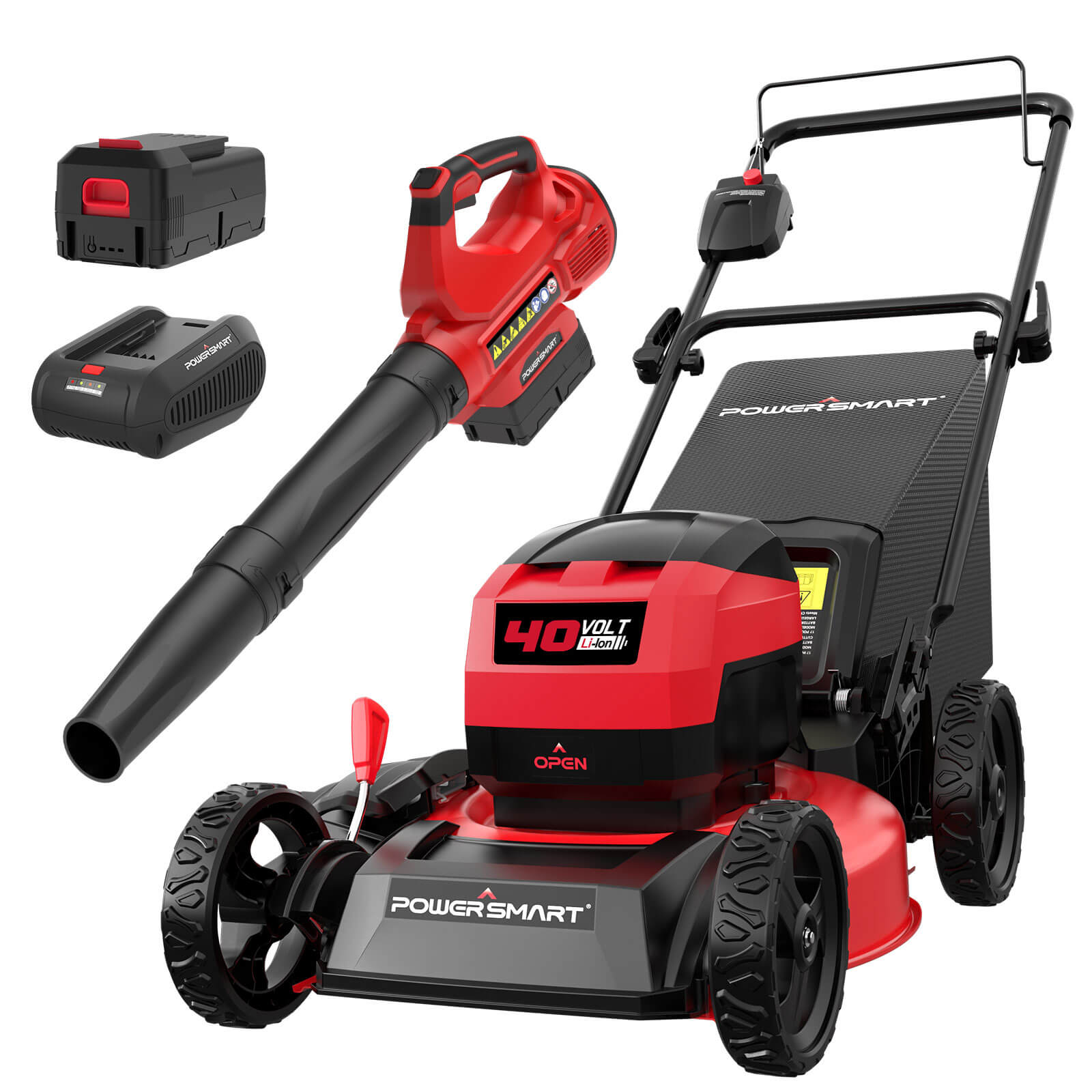

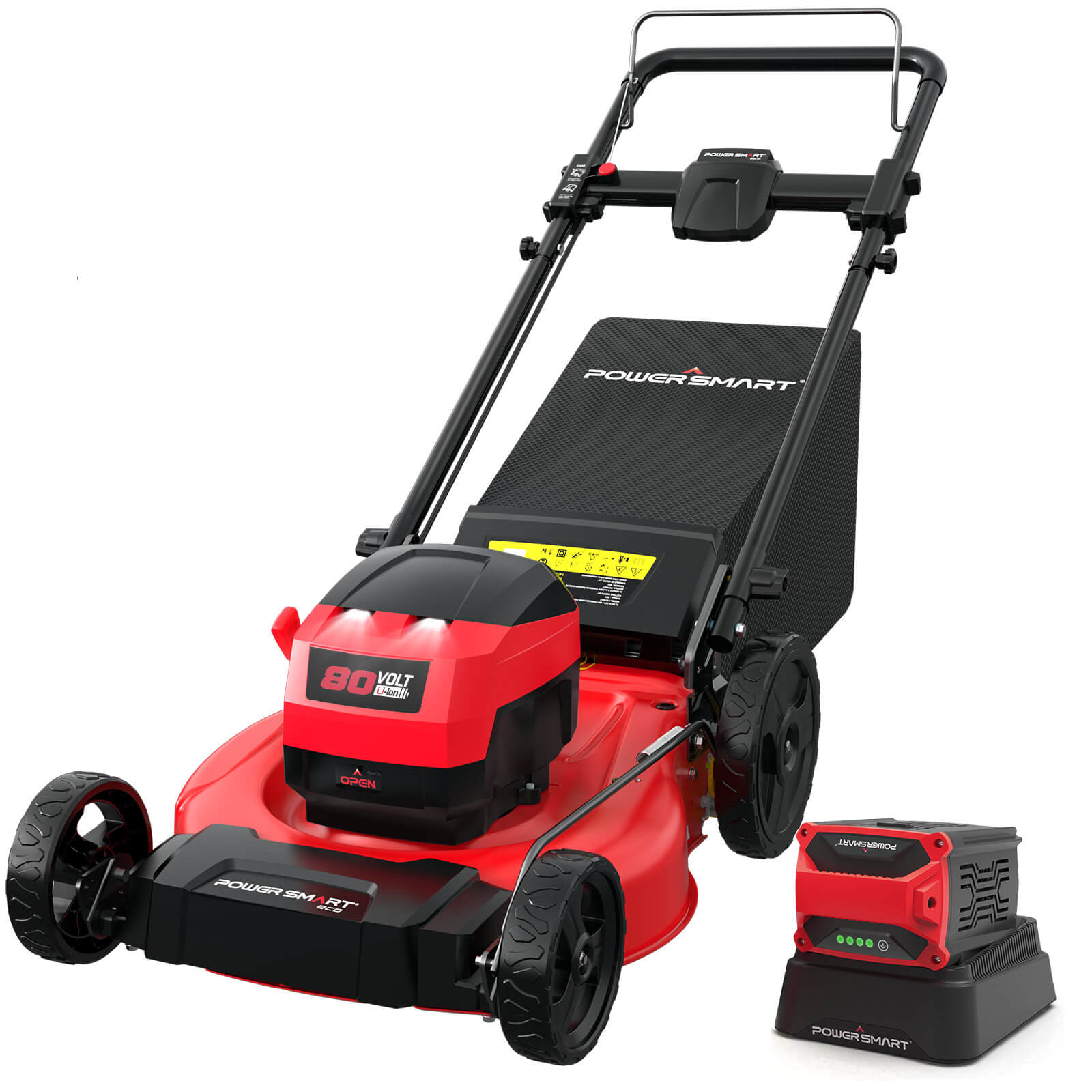










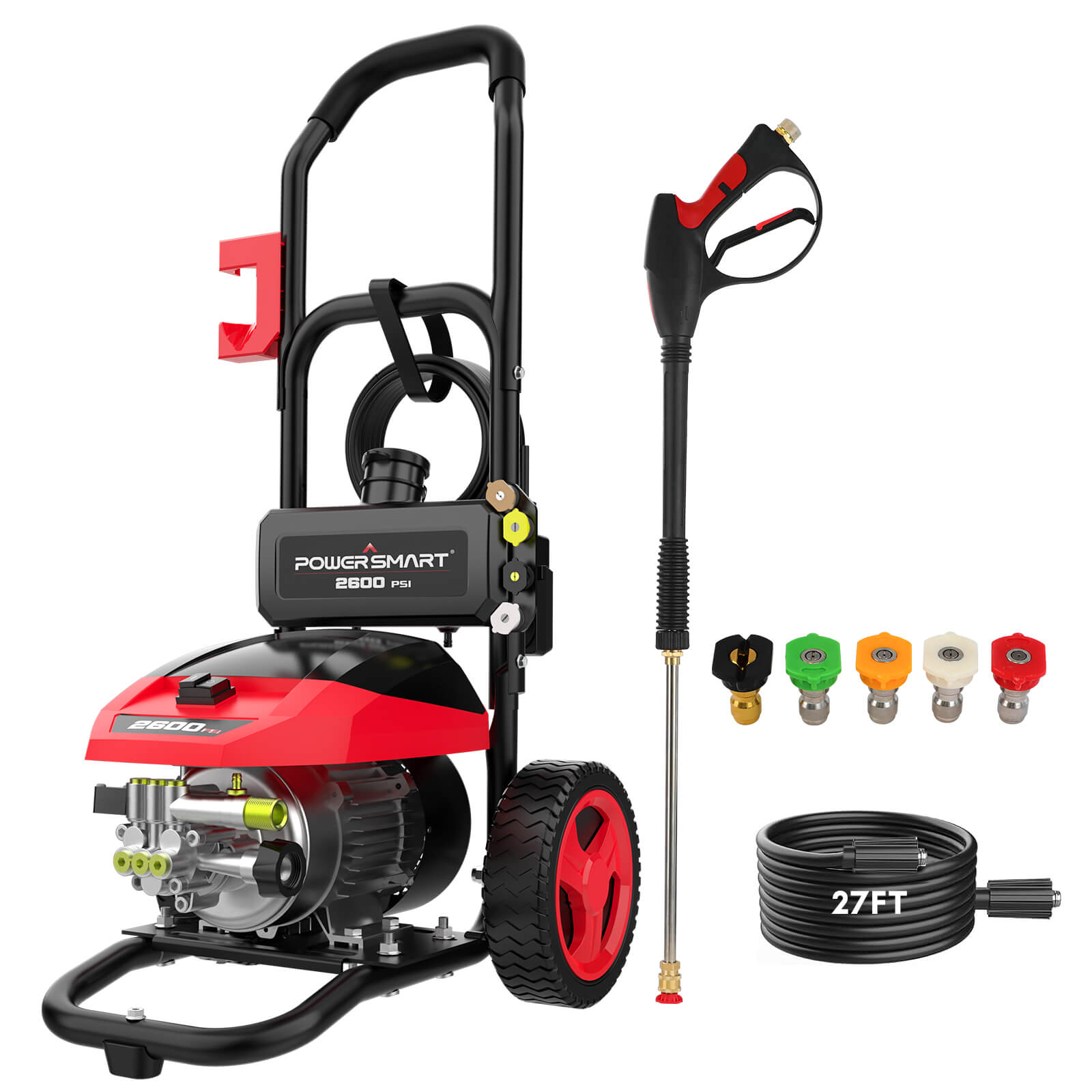
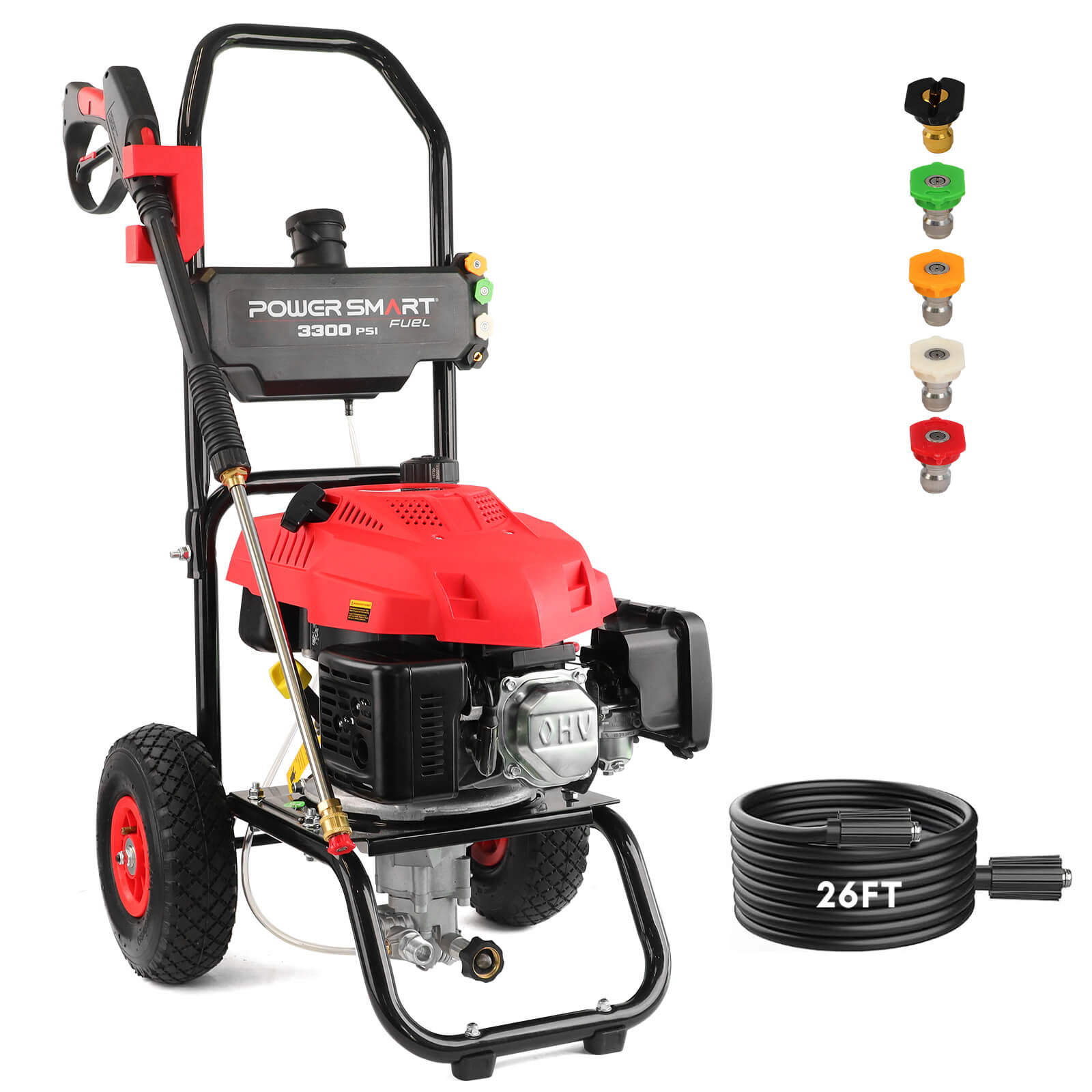
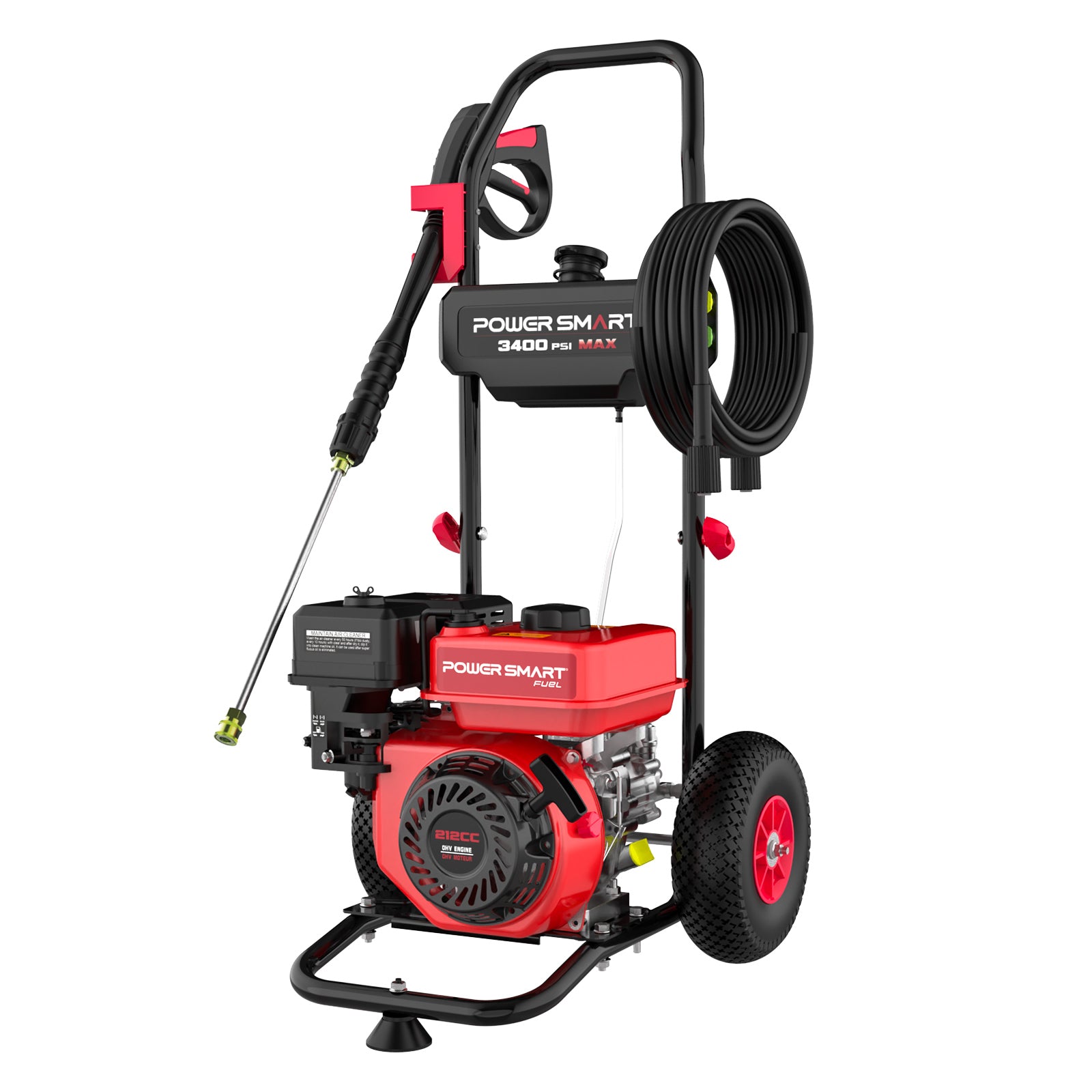
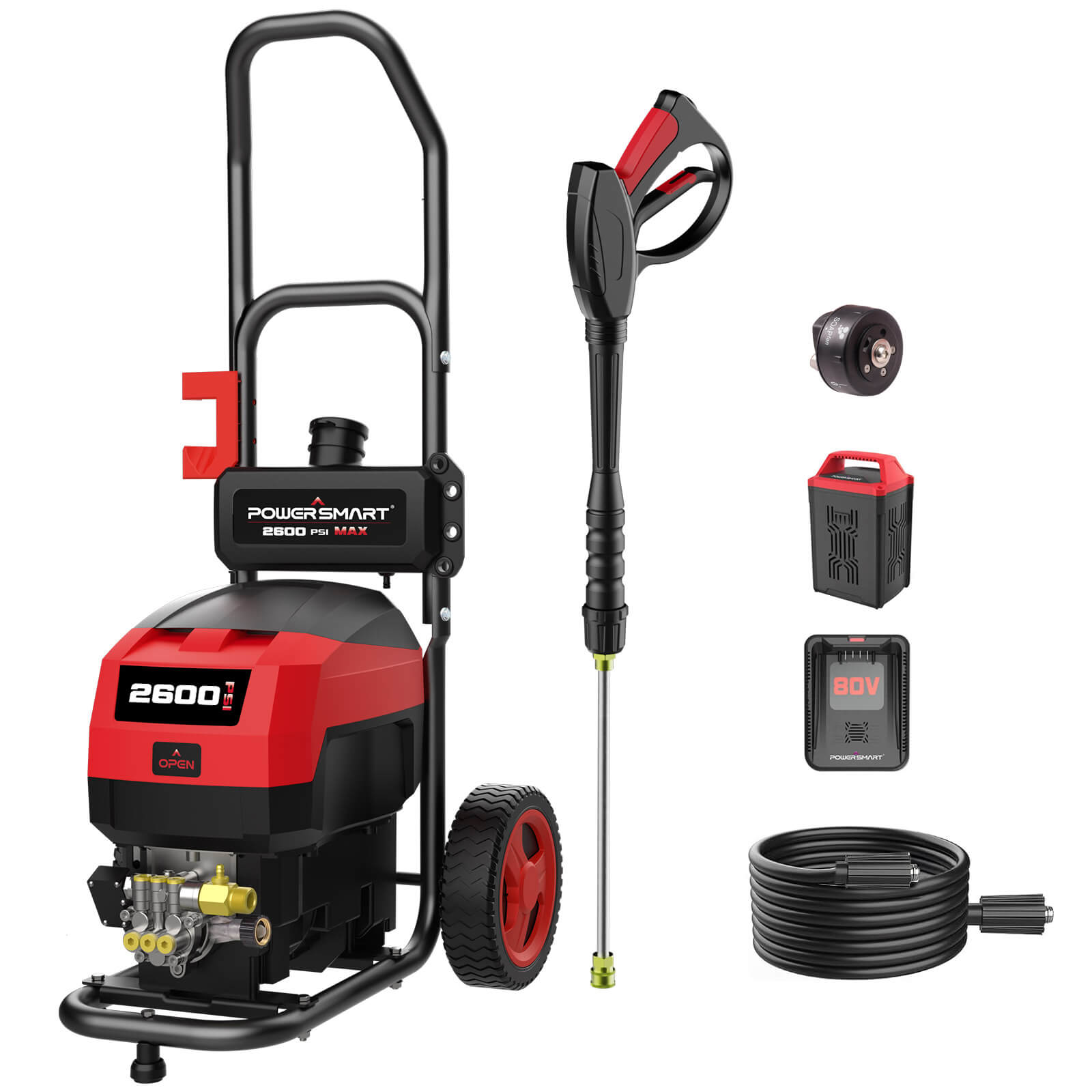
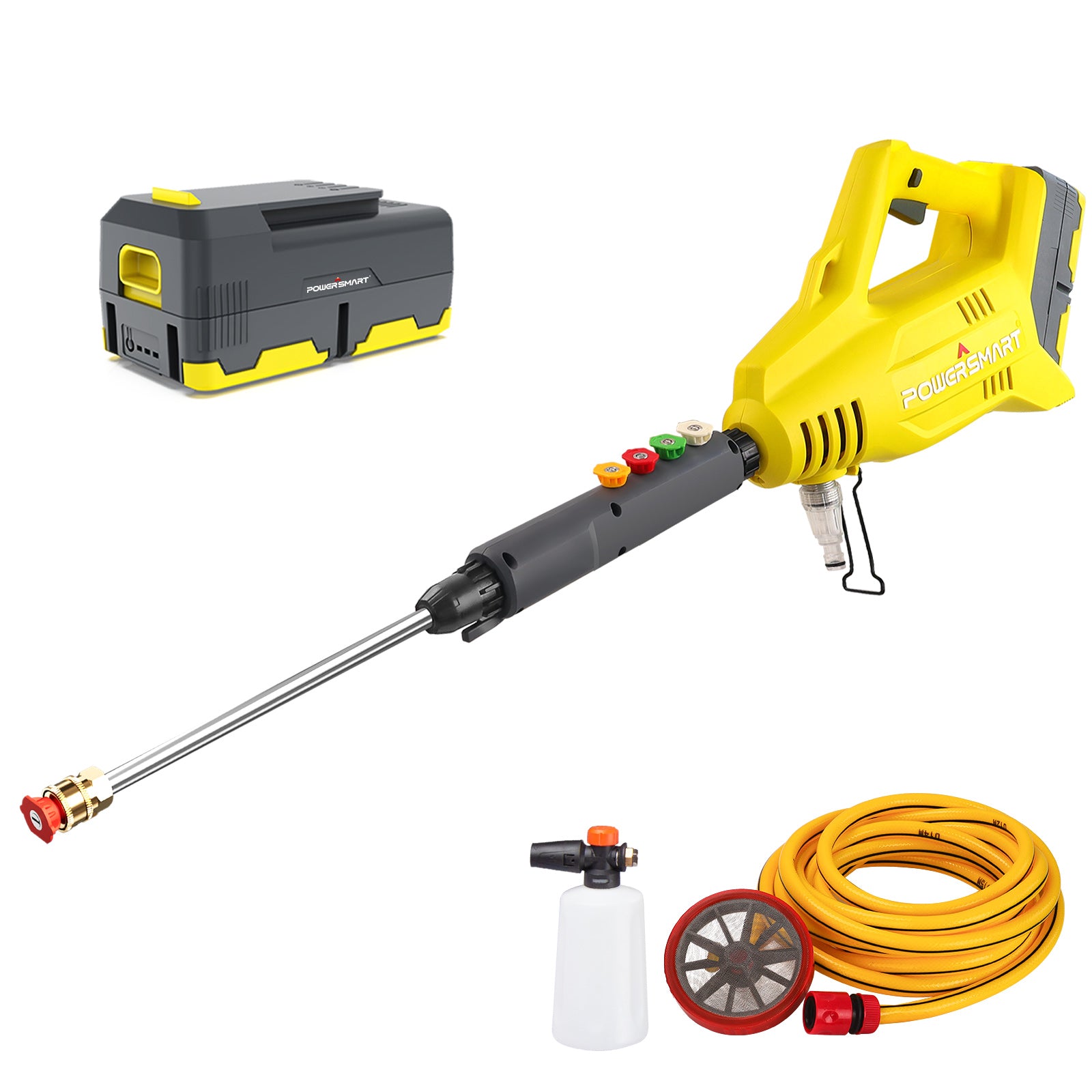














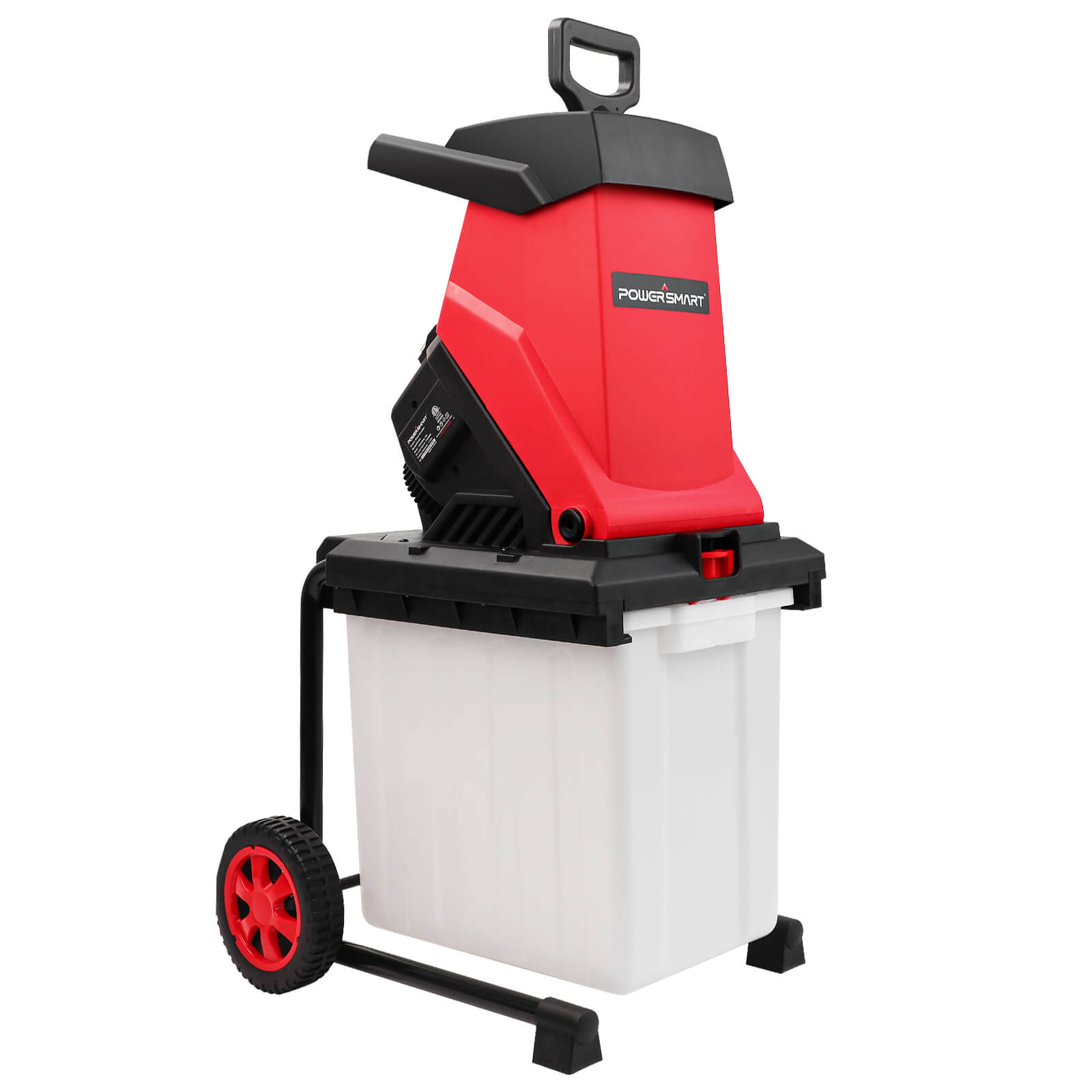
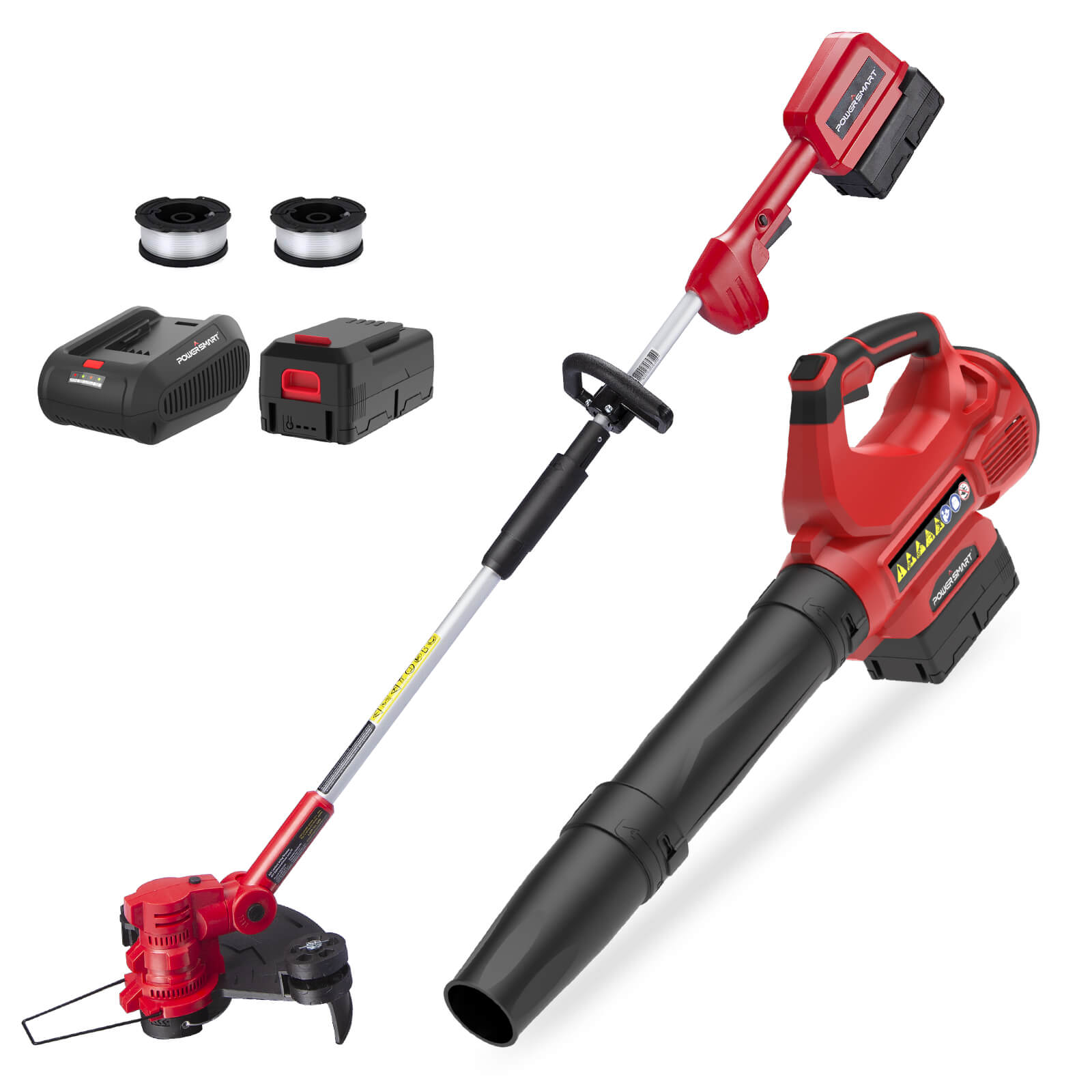
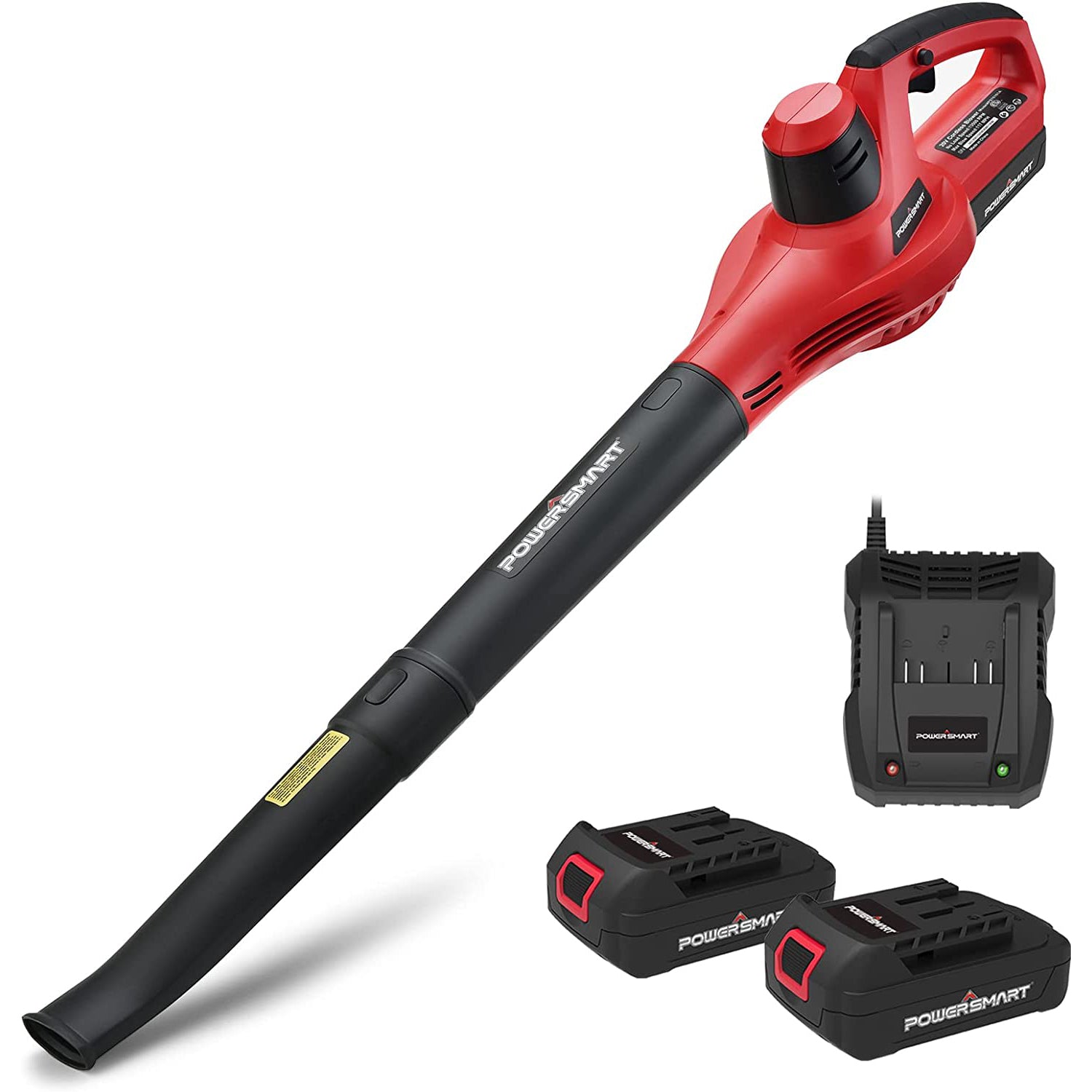

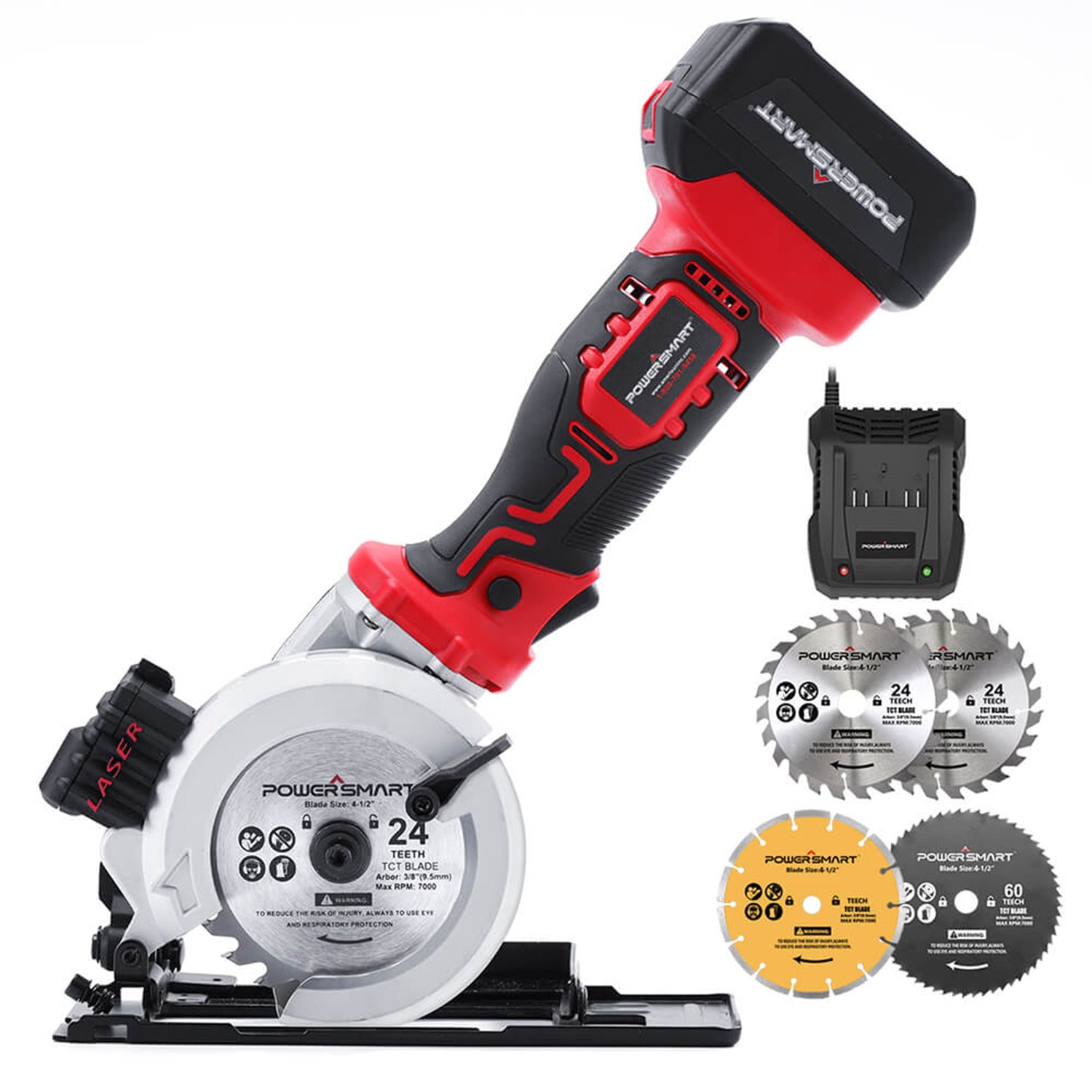




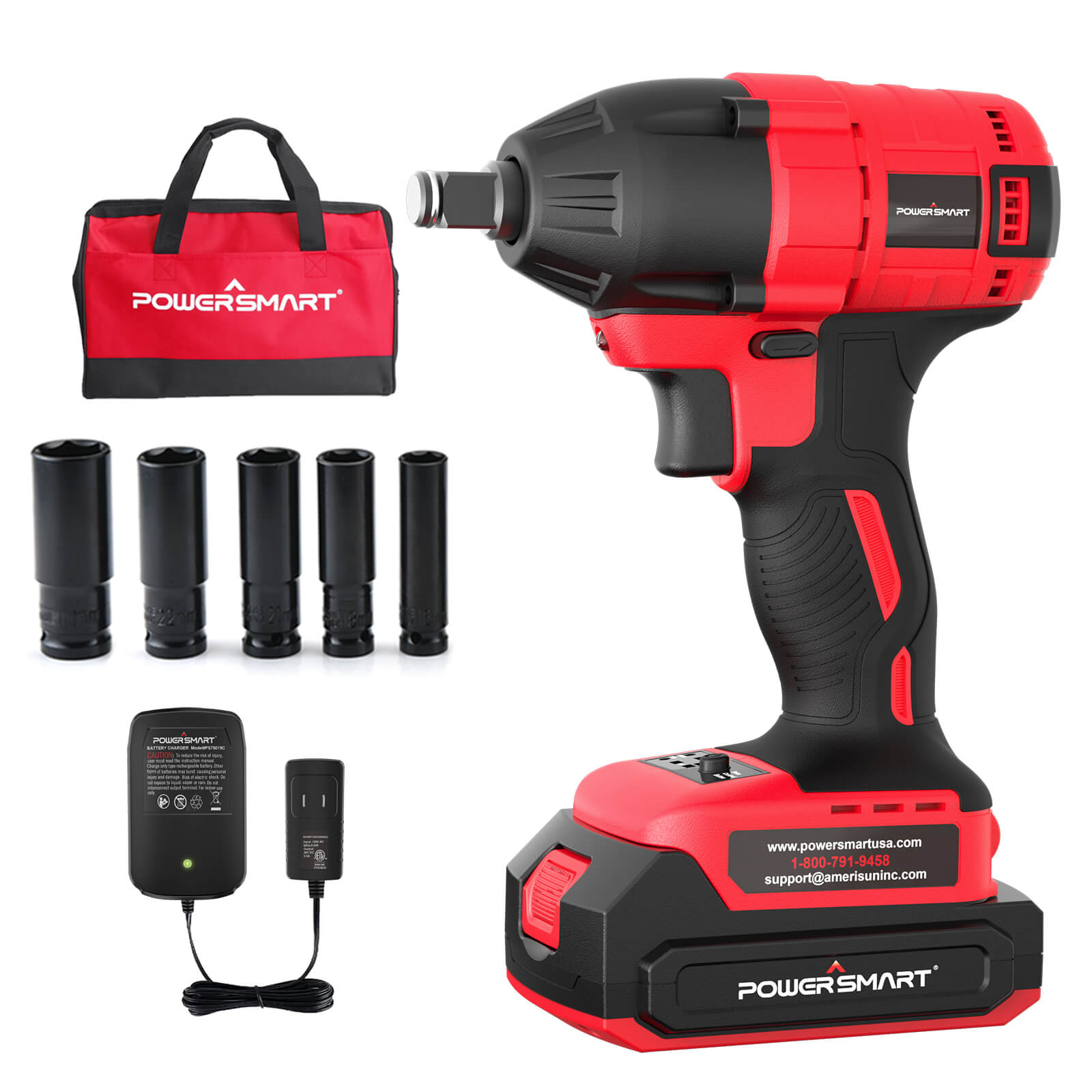












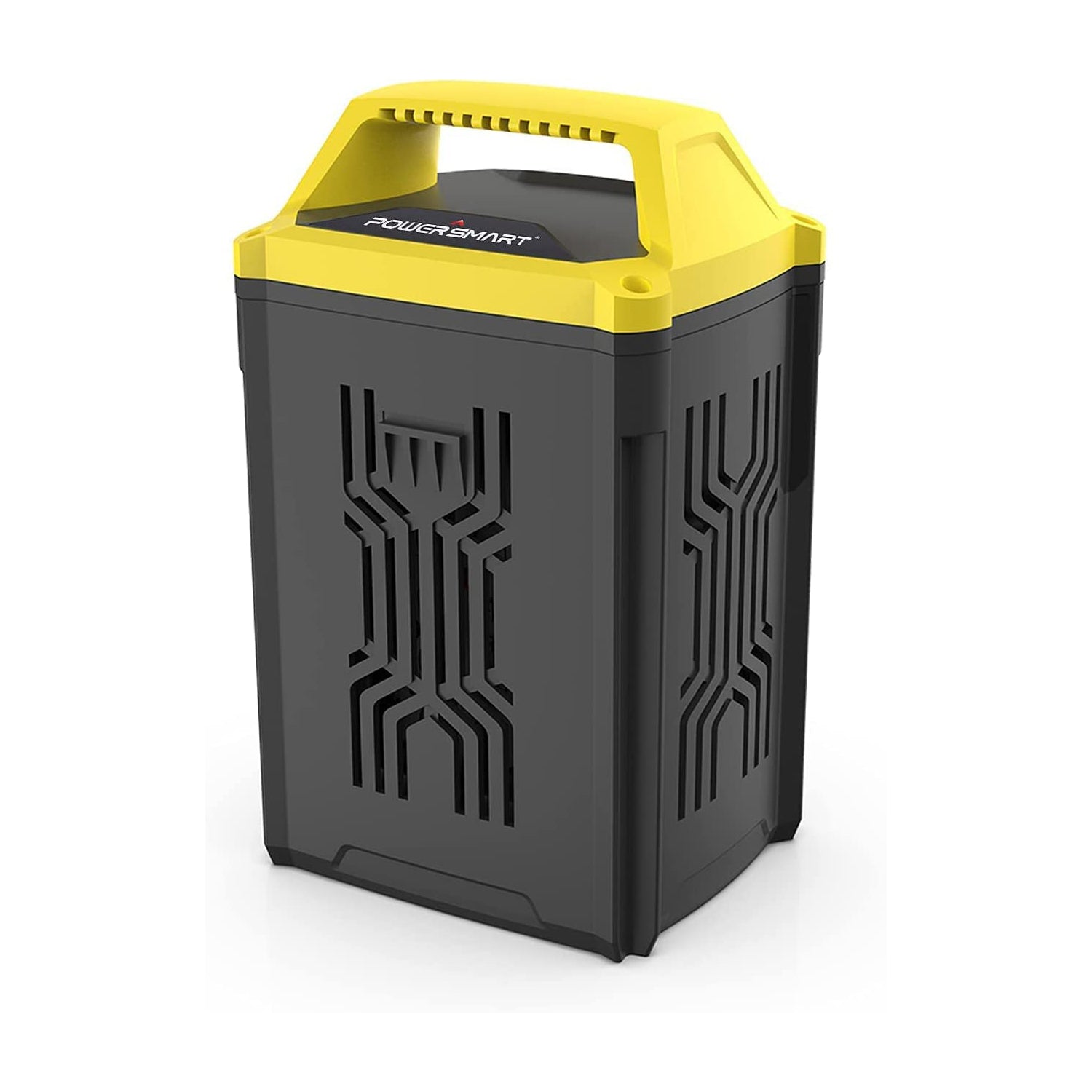

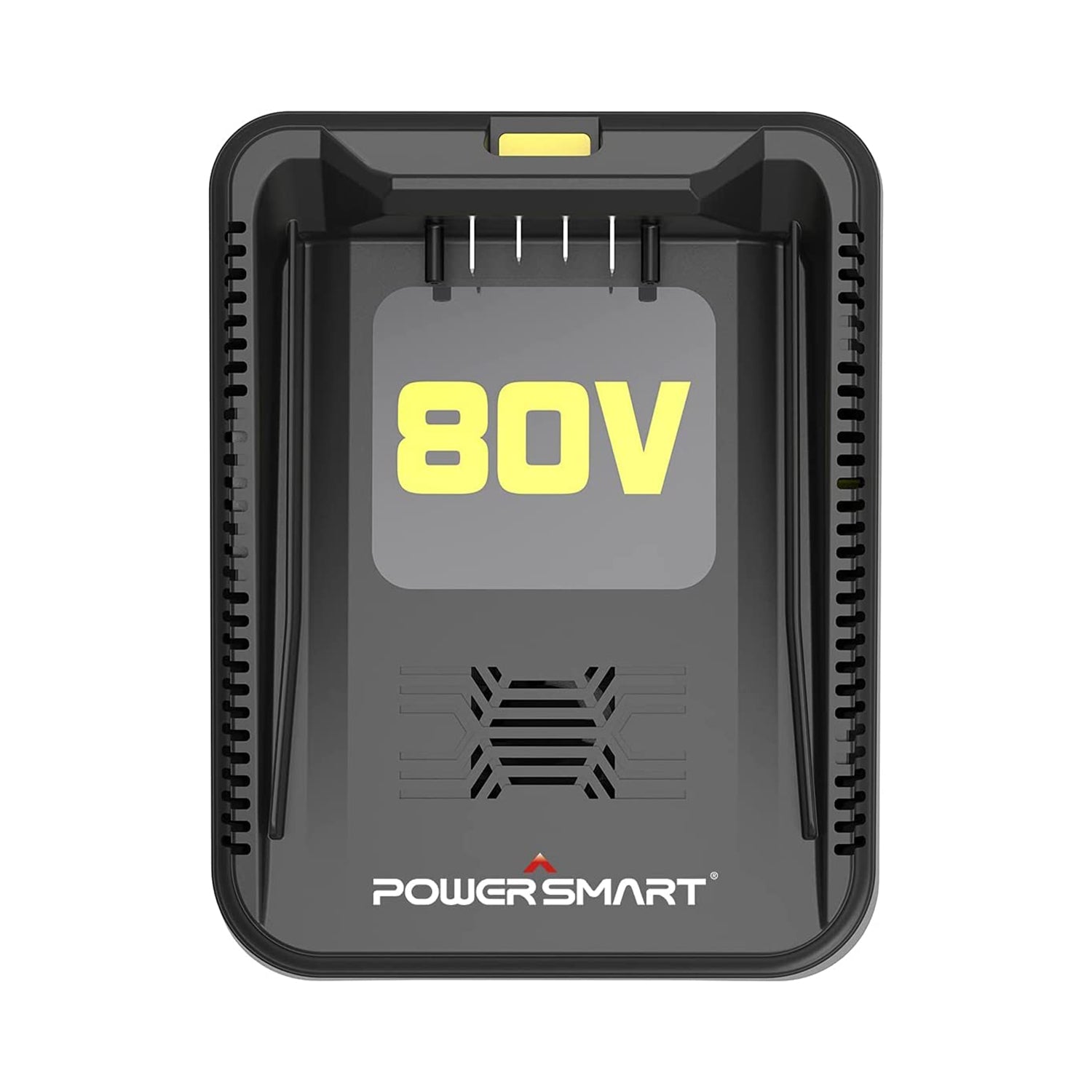
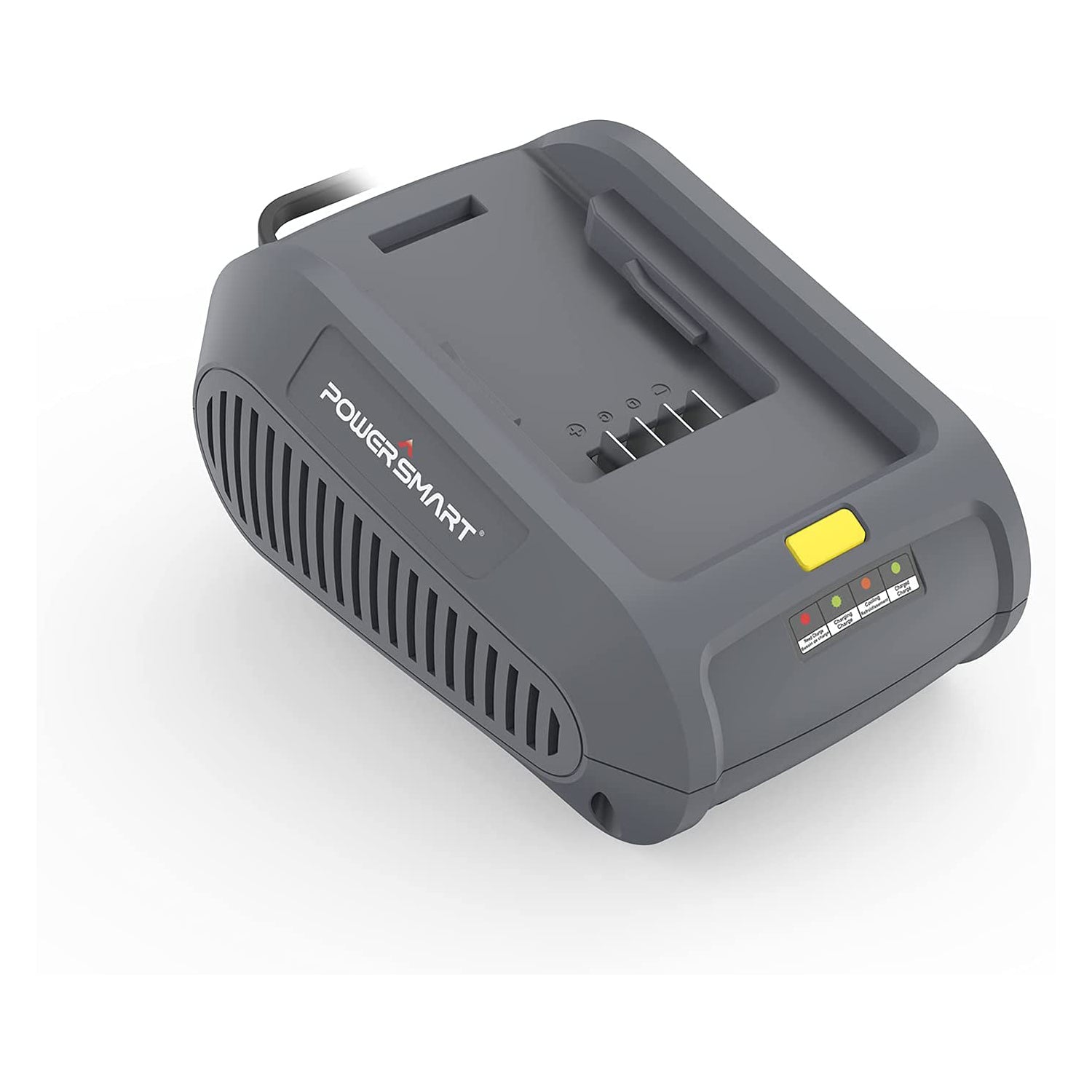




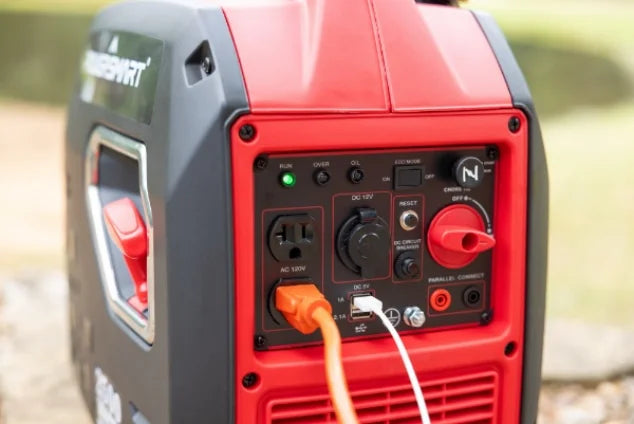
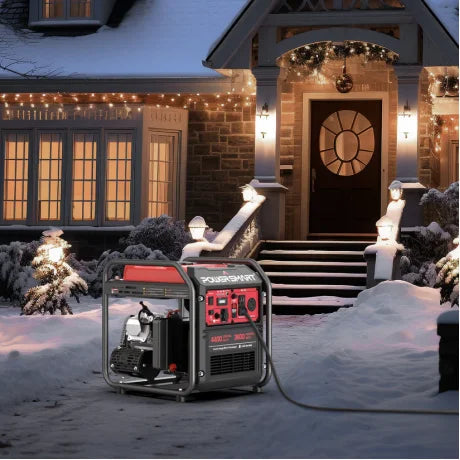

Leave a comment
All comments are moderated before being published.
This site is protected by hCaptcha and the hCaptcha Privacy Policy and Terms of Service apply.